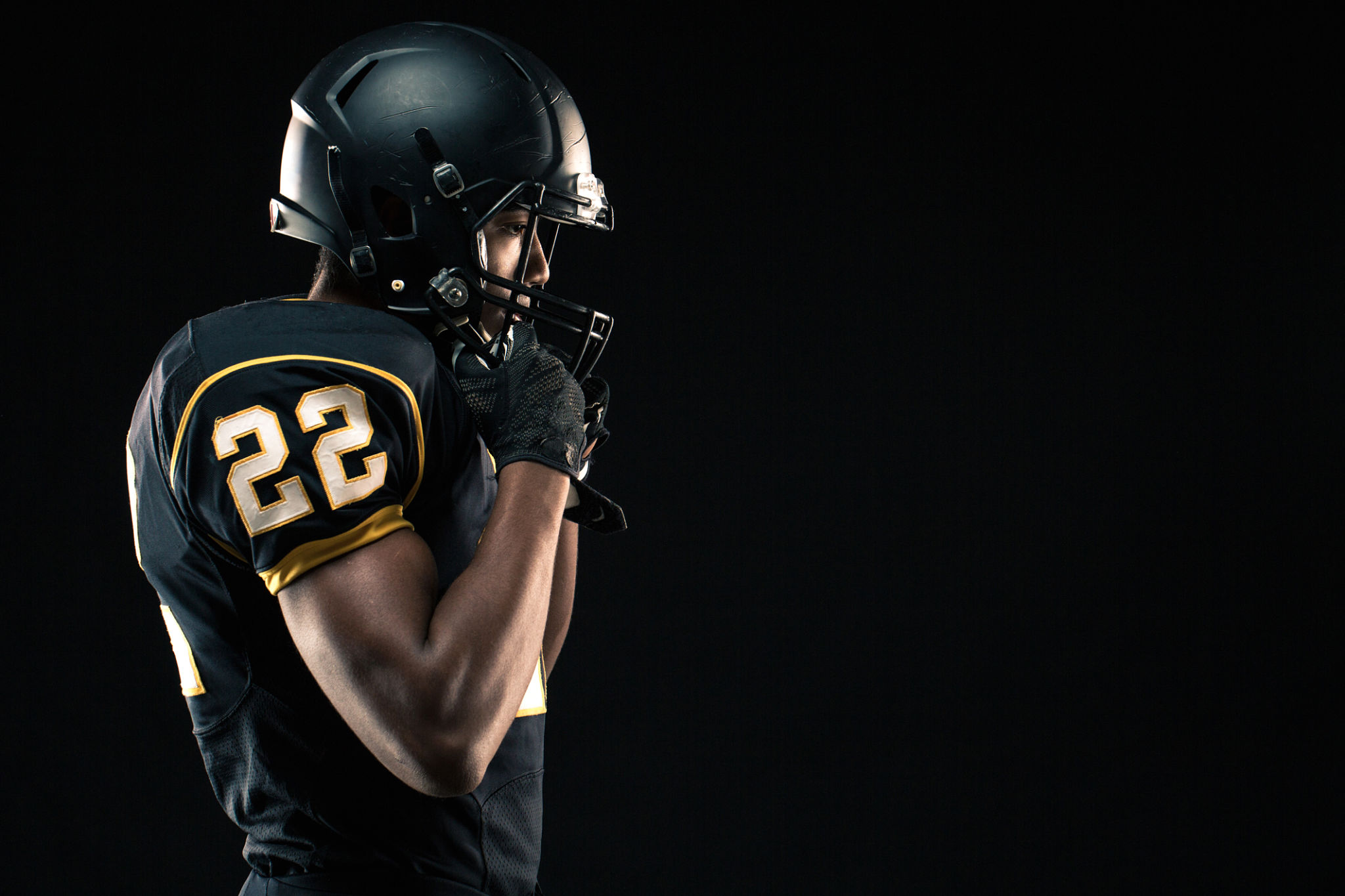10 Myths About College Sports Recruiting Debunked
Understanding the Reality of College Sports Recruiting
When it comes to college sports recruiting, there are numerous myths that can mislead aspiring athletes and their families. These misconceptions can affect how athletes approach their journey to college sports. In this post, we aim to debunk some of the most common myths surrounding college sports recruiting.

Myth 1: Full Scholarships Are Guaranteed for All Athletes
One of the most common myths is that every athlete who gets recruited will receive a full scholarship. The reality is that full scholarships are rare and often reserved for top-tier athletes in high-demand sports like football and basketball. Most athletes receive partial scholarships that cover only a portion of their tuition and expenses.
Understanding the scholarship distribution is crucial. Athletes should have open discussions with coaches about what financial aid is available and plan accordingly.
Myth 2: Only Top Athletes Get Recruited
While it's true that standout athletes have a higher chance of being noticed, college sports programs are always on the lookout for dedicated and hardworking players who may not necessarily be superstars. Coaches value athletes who show strong work ethic, leadership, and the potential to grow within their program.

Myth 3: If You're Good, Coaches Will Find You
This myth can be detrimental to an athlete's recruiting process. Many believe that if they play well enough, college coaches will naturally discover them. In reality, proactive communication is essential. Athletes should reach out to coaches, attend camps, and create highlight reels to increase their visibility.
Myth 4: High School Performance is All That Matters
While high school performance is important, it's not the only factor coaches consider. They also look at academic performance, character, and how well an athlete can integrate into a team dynamic. Balancing academics and athletics is crucial for a successful recruiting process.

Myth 5: Verbal Commitments Are Binding
A verbal commitment from a coach is not legally binding. Until a National Letter of Intent (NLI) is signed, both the athlete and the coach can change their minds. It's important for athletes to continue exploring other opportunities until everything is finalized in writing.
Myth 6: Recruits Have No Say in the Process
Many athletes feel that they have to accept any offer that comes their way, but recruits have more power than they realize. They should evaluate whether the college meets their academic and athletic goals and consider whether the program’s culture aligns with their values and aspirations.

The Realities of College Sports Recruiting
Understanding these myths helps athletes navigate the complex world of college sports recruiting more effectively. By being informed and proactive, athletes can make decisions that best suit their future both on and off the field.
It's vital to approach recruitment with a strategic mindset, ensuring that young athletes are setting themselves up for success in all aspects of their collegiate experience.
